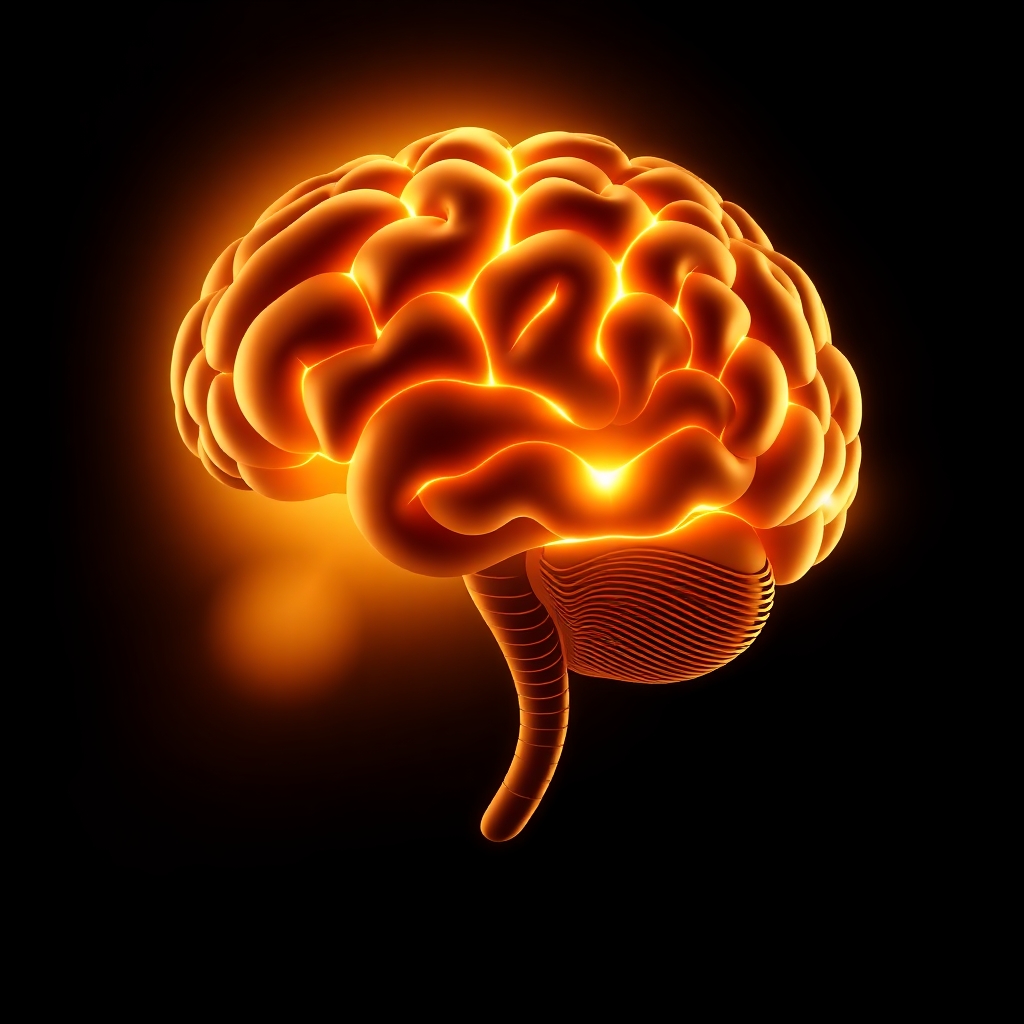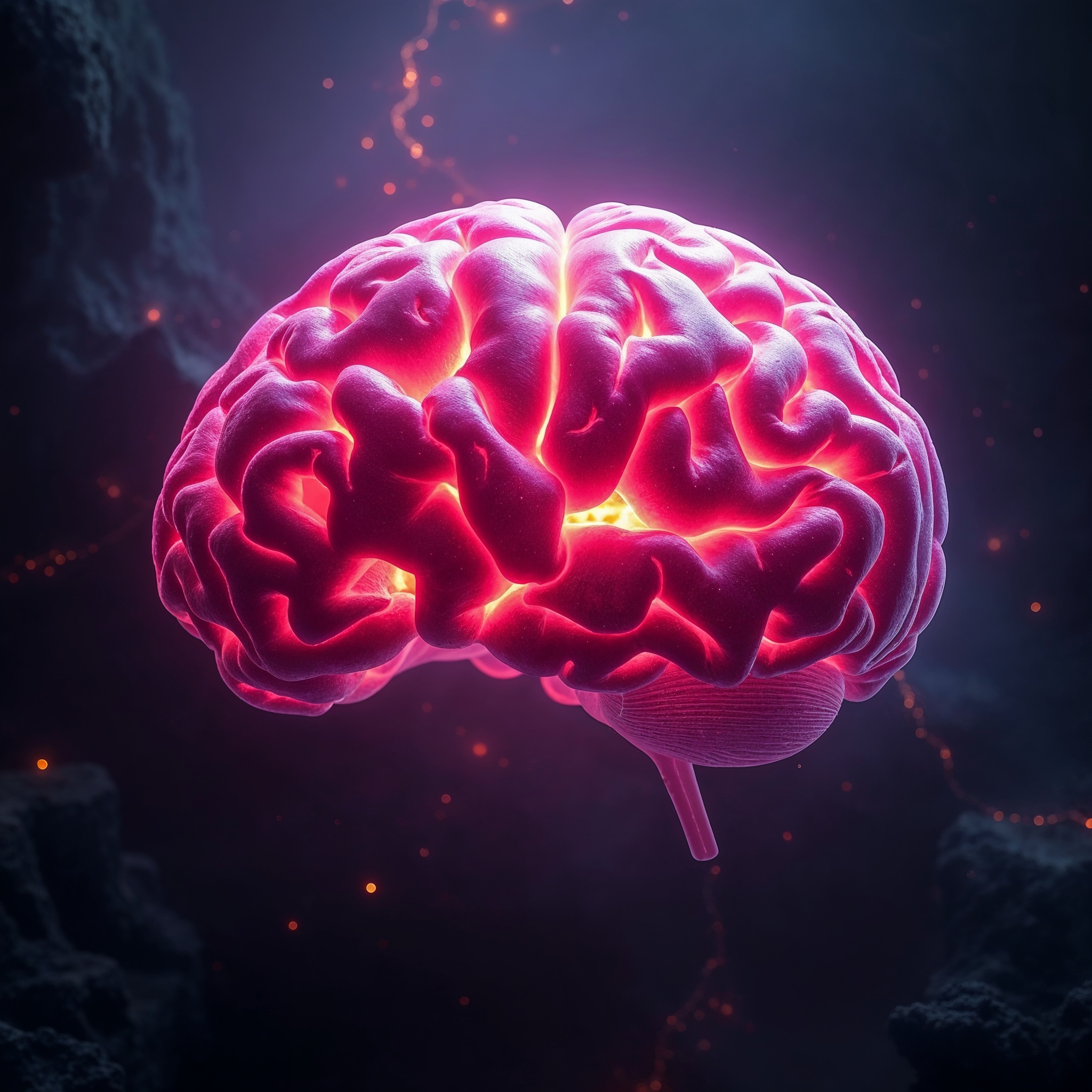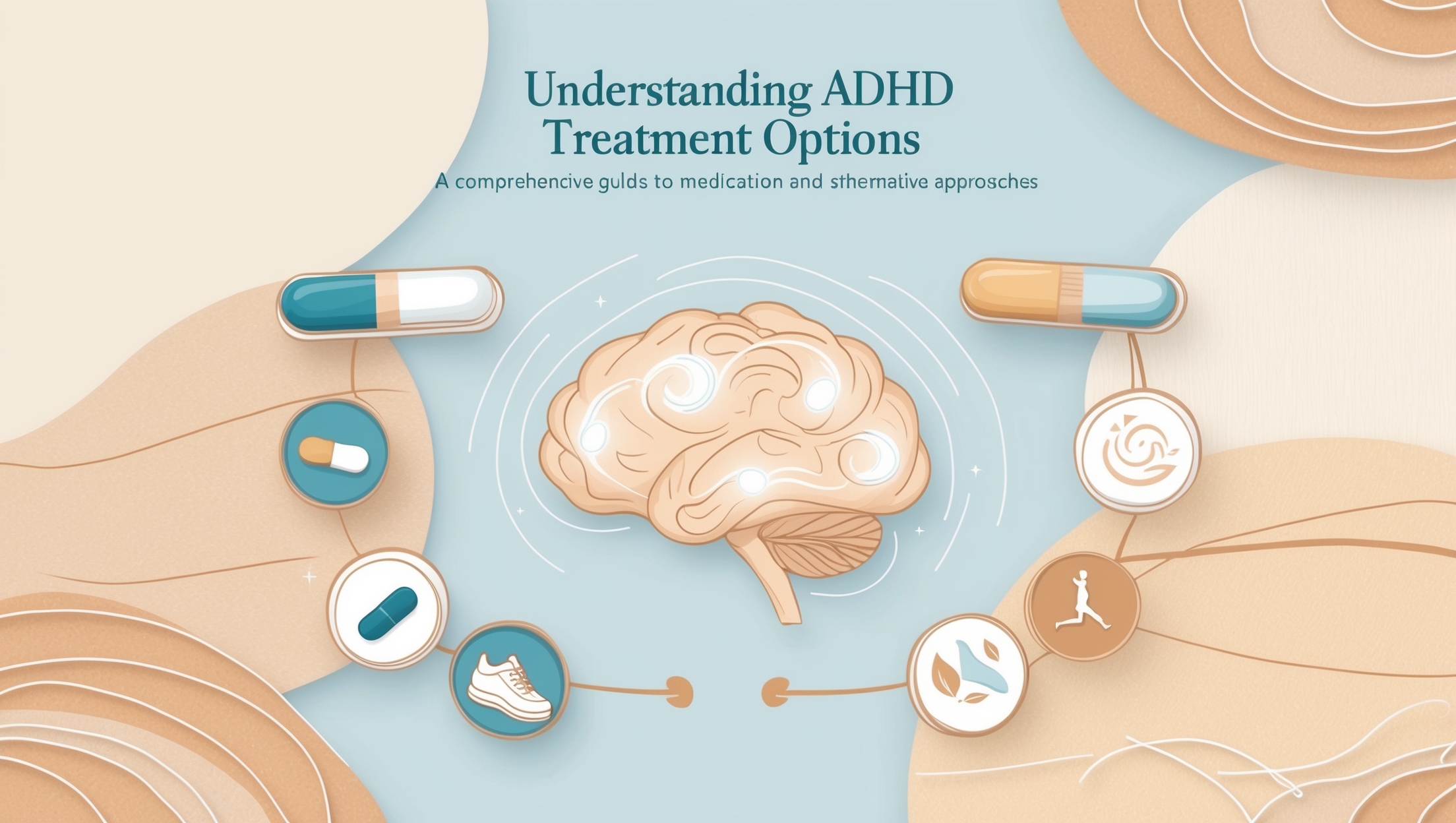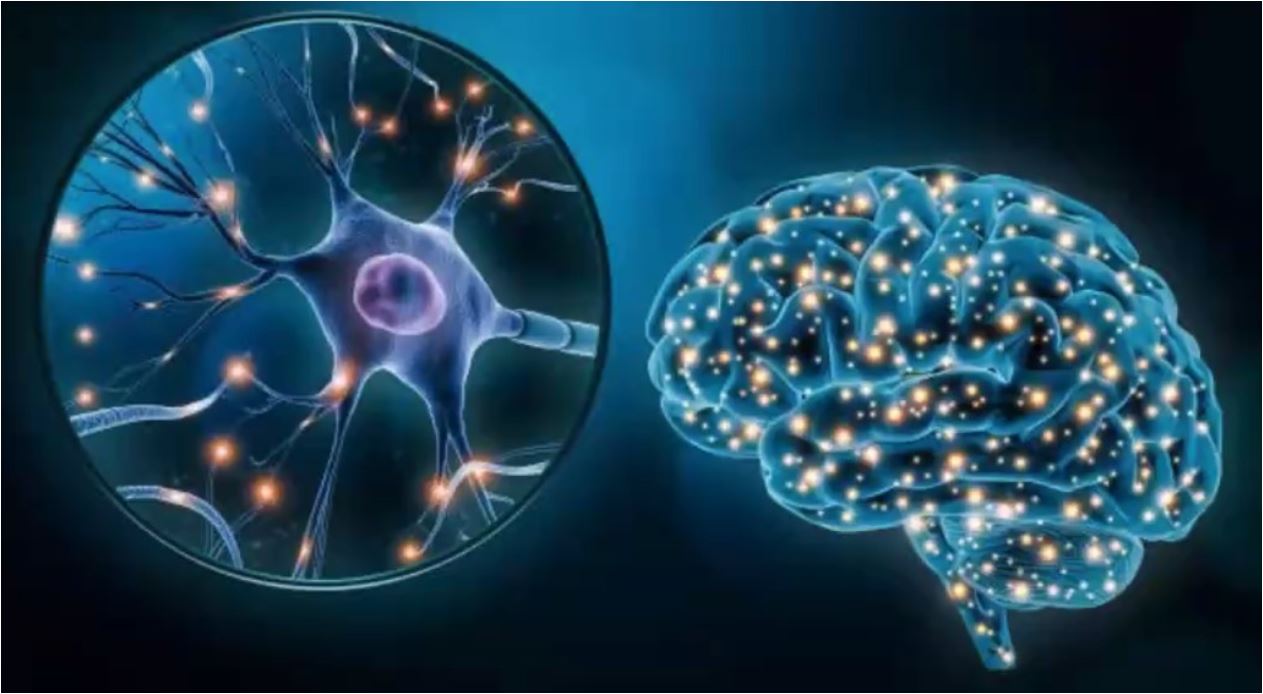Introduction to ADHD and Glucose Metabolism
PET studies reveal that adults with ADHD exhibit lower glucose metabolism in 30 out of 60 specific brain regions during attention tasks, with pronounced deficits in the dorsolateral prefrontal cortex and basal ganglia. Functional magnetic resonance imaging (fMRI) studies further corroborate these metabolic irregularities, showing altered activity in areas governing attention and emotional regulation.









